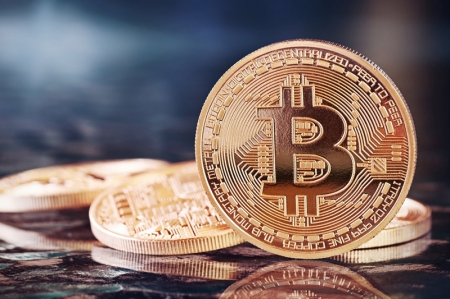
U.Today – There's an interesting development happening at Amazon (NASDAQ:) right now. Some of the company's shareholders have come forward with a suggestion that the e-commerce giant should set up a reserve fund for (BTC). The proposal, submitted by the National Center for Public Policy Research, suggests that at least 5% of Amazon's total net assets of $585 billion would be allocated to Bitcoin.
It currently holds $88 billion in cash and securities, and shareholders say these holdings are vulnerable to inflation and currency devaluation. They urge the company to explore alternative strategies to maintain and increase shareholder value.
This isn't just a theory. There are real performance metrics that support Bitcoin's case. Over the past year, BTC has increased in value by 131%, significantly outpacing lagging corporate bonds. The contrast becomes even more striking when the BTC price increases by 1,246% in five years.
All pros and cons?
The proposal shows that companies like MicroStrategy, which have Bitcoin on their balance sheets, have outperformed Amazon by more than 500% in stock value over the past year. Additionally, more institutions are adopting the cryptocurrency, with Amazon's major investors BlackRock (NYSE:) and Fidelity offering Bitcoin ETFs.
While the proposal to add Bitcoin to Amazon's treasury raises questions about volatility, it also raises proposals about the practical use of cryptocurrencies. CZ, the former CEO of Binance, offered a simple idea: Amazon could start by accepting Bitcoin as a payment method.
Some people say that Bitcoin is not suitable for payments because it takes time to confirm transactions. However, as CZ pointed out, BTC is reliable. It works even when delayed and does not require intermediaries or authorizations, making it a significant improvement over traditional financial systems.
For Amazon, such a move has a number of implications. Beyond the immediate diversification of its holdings, adopting Bitcoin could position the company as a leader in the corporate crypto space.
This article was originally published on U.Today


